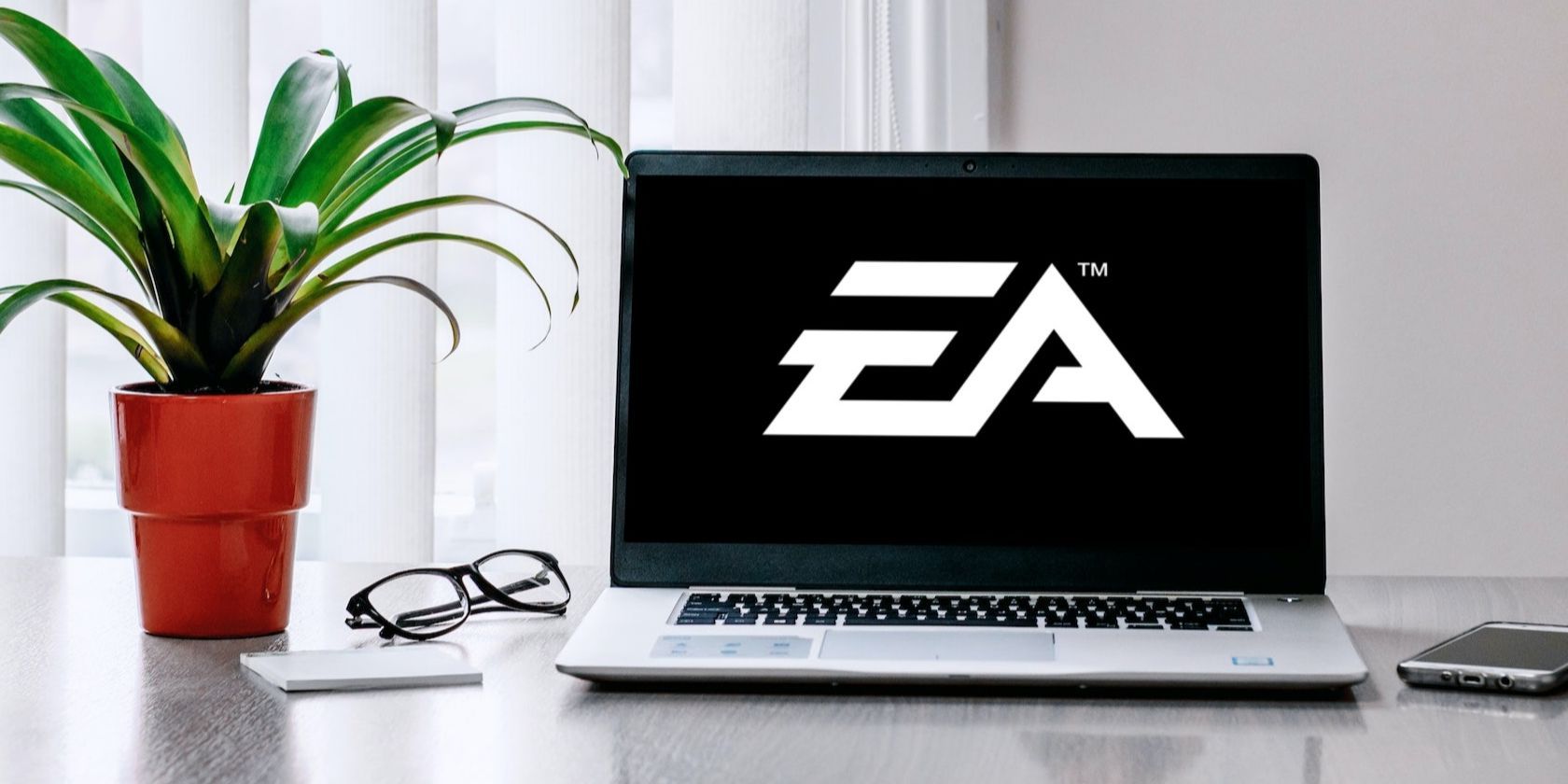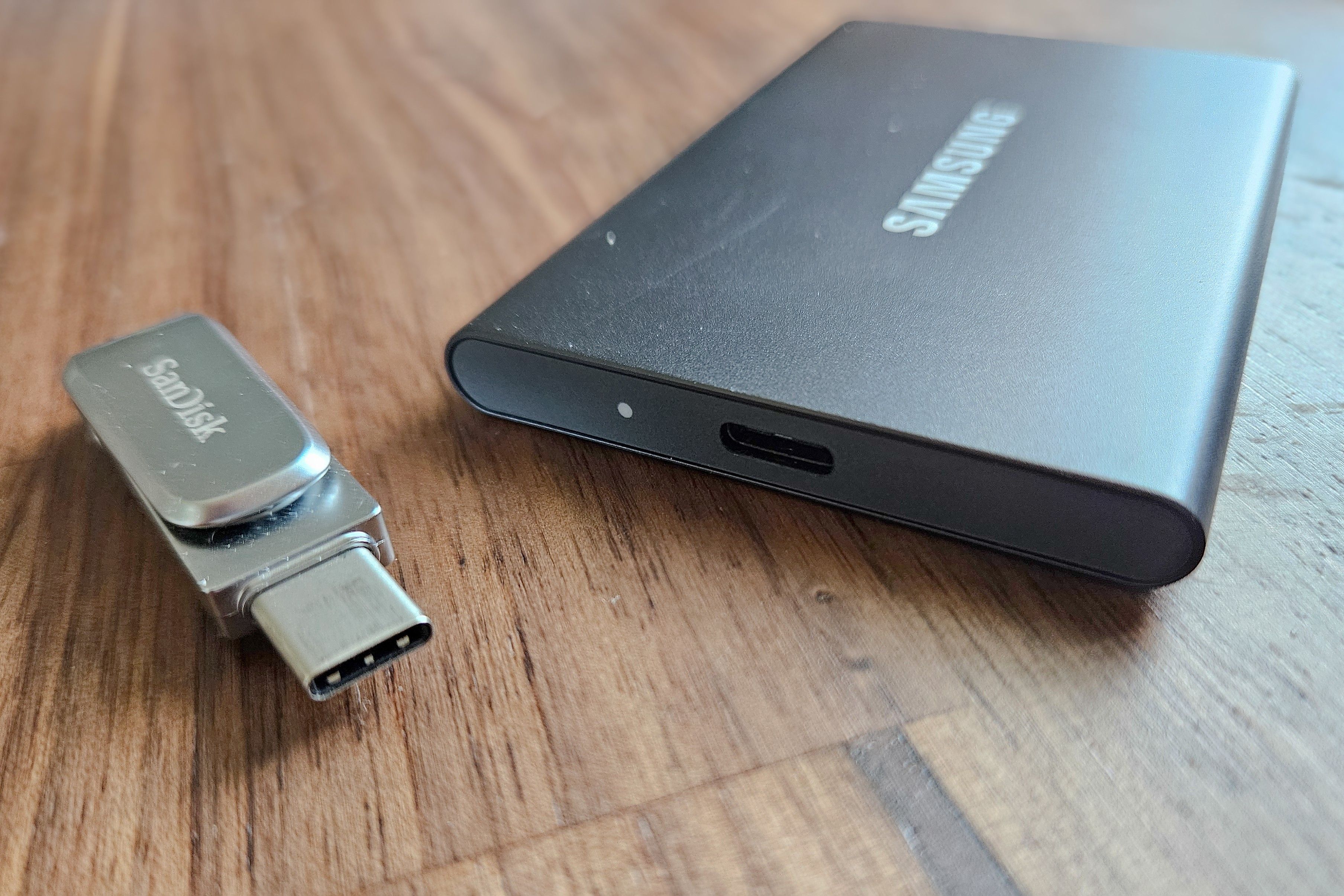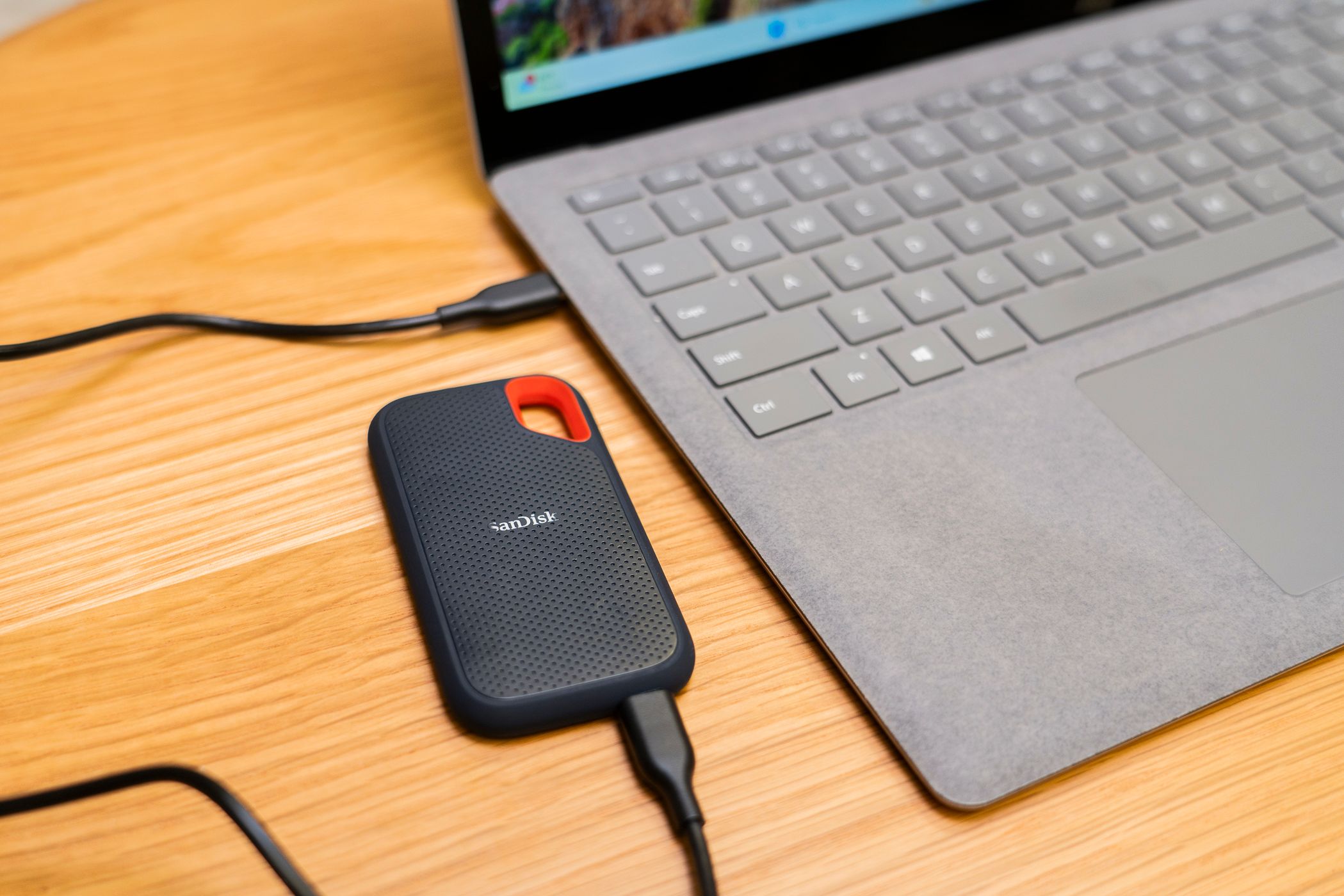
Why Outsourcing Data with an External Hard Drive Still Matters: Beyond Cloud Solutions

Why Outsourcing Data with an External Hard Drive Still Matters: Beyond Cloud Solutions
Quick Links
- This Is the Fastest Way to Transfer Files
- You’re Not Dependent on an Internet Connection
- Your Data Is Less Likely to Leak
- There’s No Censorship Over What Files You Can Store
- USB Storage Is Much, Much Cheaper
- USB Drives Have Other Uses Aside From Storage
Key Takeaways
- Flash drives and external SSDs transfer files faster than ever.
- USB drives allow access to data without an internet connection, avoiding data leaks and censorship.
- USB storage is cost-effective, versatile, and offers additional uses beyond file storage.
There was a moment not too long ago where if you had a computer, you probably also had a flash drive. Now many of us are mostly on our phones and default to cloud storage.
Here’s the thing—modern flash drives and external SSDs are better than they have ever been. As recurring data leaks are keen to remind us, personal drives absolutely have their place.
This Is the Fastest Way to Transfer Files
If you’re trying to move files between two devices that are sitting right next to each other, a flash drive or external SSD is typically the fastest way to do it. A $30 stick can move files at hundreds of megabytes per second. That means you barely have to wait unless you’re transferring large videos or an entire library of MP3s. Even then, the transfer will be done in minutes, not the hours it can take to first upload files to the web. Even wireless LAN transfer speeds can leave you wanting by comparison.
Flash drives were (physically) never particularly large, but now they’re even smaller. Plus, you can get a drive with both a USB-C and USB-A port, so that you’re ready for whichever machine you encounter. Though you may be best off with an external SSD , considering how small they’ve become, too.
You’re Not Dependent on an Internet Connection

Bertel King / How-To Geek
Many of us live in places where we take high-speed internet for granted. On the other hand, just as many of us don’t, even in places like New York City. Having portable USB storage means you can still access data even when the last bar of signal disappears or everything is constantly buffering.
I grew up with dial-up , and my parents still live in a rural area that is only just now getting access to cable internet. Even so, I don’t have enough signal to stream anything for half of the drive from my home to theirs. As fast and dependable as my internet may be at home (also in a rural area, mind you), I have never hit the point where I take the internet for granted. Files stored on an external drive are files I can access regardless of how poor the internet connection is. Files stuck in cloud storage feel nearby when the internet is fast, but you become aware of how far away those servers are when the connection slows down or even disappears.
Your Data Is Less Likely to Leak
When you store files online, you copy them from your machine to someone else’s. Unless you’re encrypting your files before they go off onto the web, you’re essentially trusting that someone won’t go snooping through your files.
Unfortunately, people do search through our uploaded bytes. Sometimes it’s employees. Sometimes it’s nefarious folks who score a massive data breach. Sometimes it’s algorithms designed to scan our data for insights about us that can be used to target ads or train large language models for AI.
Until you add encryption, whatever happens over the internet is inherently public. By contrast, USB drives are inherently private, at least to the outside world. That doesn’t mean they’re secure. A family member can snoop through anything on your drive unless you password protect it or encrypt your data. Police can secure your drive in a search of your home. Still, we’re talking about a single digit number of individuals possibly reading your files, more than likely with your knowledge. Unless just the right person steals your drive, the data within isn’t going to appear on the dark web or show up in an embarrassing data breach that makes the news and risks your career. Even if you’re the kind of high-profile person that people are more inclined to target, a couple of encrypted drives can probably safeguard your secrets better than most cloud storage.
Also, unlike with cloud storage, deleted files are actually deleted. There’s something unsettling about seeing data you purged a decade ago reappear, as happened to many iCloud users in 2024 due to Apple’s notorious iCloud bug (not that a bug could resurface data that was truly gone). On USB drives, you also don’t have to worry about whether your passwords were stolen following yet another breach.
It’s worth mentioning that simply deleting files on a local drive does not destroy the data. If you want to ensure that your data is truly gone from a drive, you should use a reputable file shredding application to scrub the drive clean and ensure nothing can be recovered from it.
There’s No Censorship Over What Files You Can Store
Since your online files are stored on someone else’s machines, they’re liable for whatever it is that you’re uploading. They may take issue with your intimate photos or consider your stash of ripped DVDs to be pirated. When you store stuff online, you have to be mindful of how other people feel about your data.
Unless someone physically gets their hands on your external drive and plugs it into something, they have no idea what’s on it. If they don’t know what’s on it, they can’t tell you to delete it. You’re the one who decides what gets to go onto your drive.
USB Storage Is Much, Much Cheaper

Jerome Thomas / How-To Geek
Storage costs have dropped rapidly over the years. You can now buy a 512GB USB stick for the price of treating a date to dinner. For a little bit more, you can buy an external SSD with much faster transfer speeds. Most of us aren’t actually carrying around terabytes of data and don’t need to spring for a larger drive.
But say that you do need multiple terabytes of storage. An individual plan on Dropbox can set you back $10 a month for 2TB of storage. After a year, you’ve spent around as much money as you would on a 2TB external hard drive. By the second and third year, you’ve spent far more money than you would have. You could be carrying 6TB of storage instead.
Maybe you’re just considering whether to pay for more iCloud space . By buying your own storage, you turn an ongoing recurring cost into a handful of one-time expenses. Get yourself enough drives to make multiple copies of your data, and then stop there. You won’t need an additional subscription service to help you find all the ways that you’re wasting money on automatic payments, because no money is going out the door.
USB Drives Have Other Uses Aside From Storage
Backing up files is just the first (and perhaps most boring) use of an external hard drive. You can use one for pretty much anything an internal drive is good for. Consider:
- You can install an operating system to boot from, making this a safe way to try Linux without risk to the data already on your PC.
- You can plug an external drive into some game consoles, which can be a cheaper way to increase how many games you can play than buying a model with more storage.
- Some cameras can record directly to a drive, allowing you to record longer, higher-quality video.
- Some TVs can play media directly off your drive, which can be a much simpler option than setting up a Plex server .
- Having external storage lying around enables you to experiment with devices like the Raspberry Pi, which don’t come with much (if any) internal memory of their own.
- Your car may have a USB port where you can plug in a flash drive and play music without any dependence on your phone’s Bluetooth connection.
In short, the uses go on and on.
USB storage is neither sexy nor exciting. Still, it’s everywhere. You can find portable memory in both big box retailers and convenience stores. People need it. People love it. And if you haven’t in a while, go out and grab some.
Also read:
- [Updated] 2024 Approved Leading Edge Top 16 Best Freeware Media Players
- [Updated] In 2024, Microphone Data Review Tips
- Audio System Malfunction? Here’s How to Get Your Sounds Running Again
- Clarity in Cinema - In-Depth Review of LG's Digital Display, The 4K Monitor 31MU97-B
- Detailed Instructions for Adding External HDD to Your Xbox One Console
- Essential Tactics for YouTube Short Troubleshooting
- Lenovo IdeaPad Duet - A Fantastic Combination of Chromebook and Tablet Features Reviewed by ZDNet
- Massive Labor Day Discount: Save $700 on the Newest 2022 iPad Pro - Exclusive Deal Inside
- Mastering Note-Taking on Your iPad: Easy Methods Using the Apple Pencil - Discover Three Effective Techniques!
- Revitalize Your Tech: A ZDNet Guide to Essential Springtime Device Maintenance Tips (6 Must-Do Tasks)
- Revitalize Your Vintage Kindle: Book Loading Tips & Crucial No-Nos for Classic Readers!
- Setting the Correct Time on Your Kindle Paperwhite - Tips and Tricks
- Slash Your Price: Secure a Discounted Amazon Fire Kids Tablet at Just $90 Before Time Runs Out – Shop Now on ZDNet!
- Surprising Revelation: Top Quality Speaker System Beyond Bose & Polk Reviewed on ZDNet
- The Rise of Artificial Intelligence: Transforming the Way You Interact with Your Google Photos
- The Ultimate Guide to Choosing an iPad Pro Keyboard Case for 2
- The Ultimate Guide to the Most Robust Tablet Running Windows and Equipped for Precise Stylus Input | Reviews by ZDNET
- Ultimate Troubleshooting Tips to Resolve the Windows Update Error (0X80e070422)
- Understanding iPad Supported Video Formats & Easy Conversion Tips
- Title: Why Outsourcing Data with an External Hard Drive Still Matters: Beyond Cloud Solutions
- Author: George
- Created at : 2024-12-18 16:21:41
- Updated at : 2024-12-21 20:02:37
- Link: https://hardware-tips.techidaily.com/why-outsourcing-data-with-an-external-hard-drive-still-matters-beyond-cloud-solutions/
- License: This work is licensed under CC BY-NC-SA 4.0.